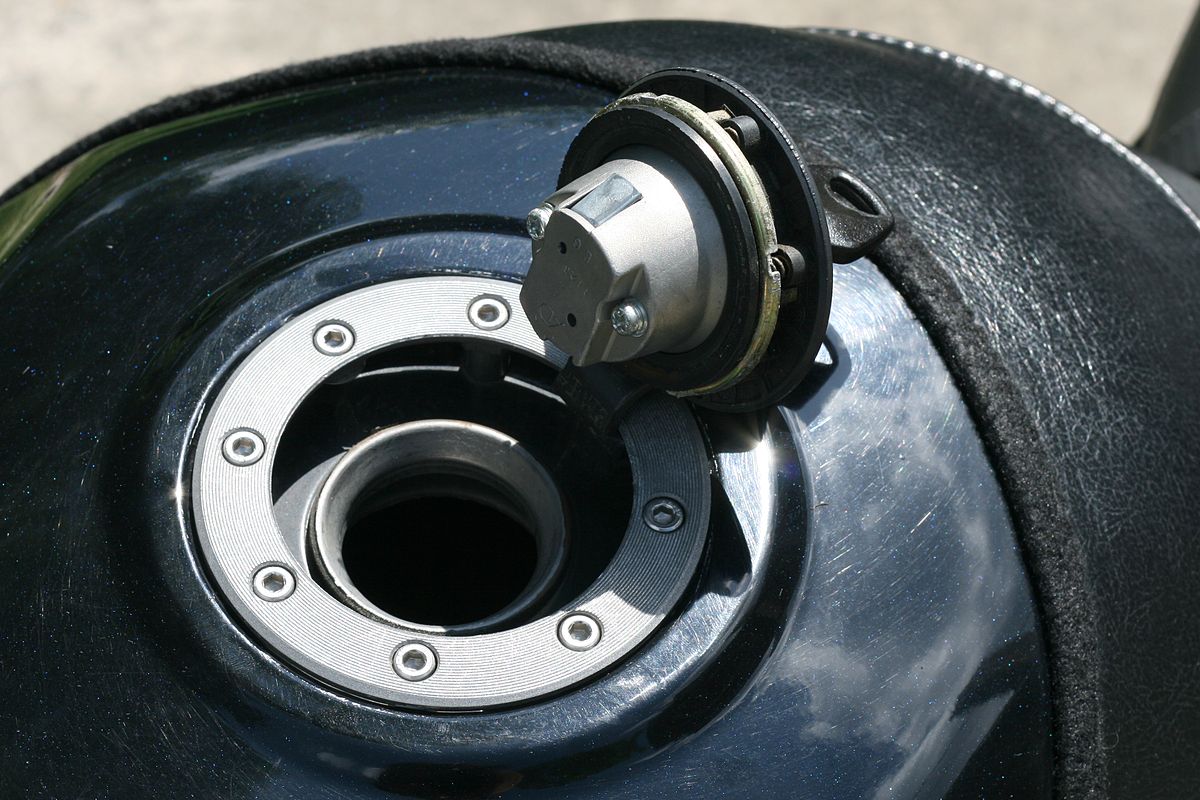
Your safety is top priority when travelling on ferries or Eurotunnel. It is therefore very important that the following safety rules are respected at all times when driving through the terminals and boarding freight ferries. To ensure you have taken all required precautions when travelling, we've put together a short checklist so you can make sure you're compliant.
All passengers must be declared
It is important that the operator has an accurate record of people on board in case of an emergency. Often there are no charges incurred for additonal passengers but failure to declare all passengers is usually a breach of conditions and you may be refused travel. Additionally, only children aged 12 years and over are authorised to travel on Eurotunnel freight shuttles and some freight-only vessels.
No smoking
All operators have strict non-smoking policies for the health of other passengers and to prevent fires on board. Only use designated smoking areas.

Speed Limits
All ferries have a speed limit on board, ranging from 6 - 10mph. It is important that this is obeyed to avoid accidental damage to the ship, other vehicles and to prevent harm to other passengers and stevedores.
Keep cab curtains open at all times
For safety reasons, operator staff must be able to see inside your cab to ensure that rules such as unplugging electrical devices and not keeping animals in the cab unattended are being obeyed.
The tarpaulin must always be correctly attached to the trailer and in good condition
To avoid the loss or damage to cargo, you must ensure that tarpauling and fastenings are properly attached.
Turn off all electrical equipment in your cab after loading
Faulty electrical equipment can be a major cause of fire on ferries. Faulty wiring can cause a spark that can ignite your cab so it is important that all heaters, fridges and other electrical equipment is switched off and unplugged when leaving your vehicle after boarding.
Do not stay in your vehicle
It is not safe to be where the vehicles are stored during travel on a ferry (or Eurotunnel shuttle). It is against the rules to be anywhere other than passenger designated areas.
Ensure your fuel cap is on

Avoid leaking fuel from your vehicle. It could cause a fire on board, damage and injury.
Do not leave pets unattended
If permitted on board (operator rules vary for freight drivers), pets should be secure (preferrably on a lead) at all times during travel. They are not allowed to be left alone in your cab or tied up outside your vehicle as this is potentially unsafe for the animal as well as the other passengers.
Lower all aerials before boarding
Ferries can have lower than expected ceilings and so any aerials or other attachments to your vehicle must be lowered or removed to avoid them scraping and causing damage to your vehicle and the ship.
For more information regarding ferry and Eurotunnel safety regulations and conditions, check out the operators website and our operator conditions of carriage page.




 United Kingdom
United Kingdom Republic of Ireland
Republic of Ireland Polska
Polska România
România Republica Moldova
Republica Moldova Российская Федерация
Российская Федерация Украина
Украина Республика Беларусь
Республика Беларусь Литва
Литва Латвия
Латвия Эстония
Эстония Deutschland
Deutschland Schweiz
Schweiz Österreich
Österreich Lichtenstein
Lichtenstein Belgien
Belgien Luxemburg
Luxemburg Magyarország
Magyarország Česko
Česko Slovenská republika.
Slovenská republika. España
España Italia
Italia Bulgaria
Bulgaria







